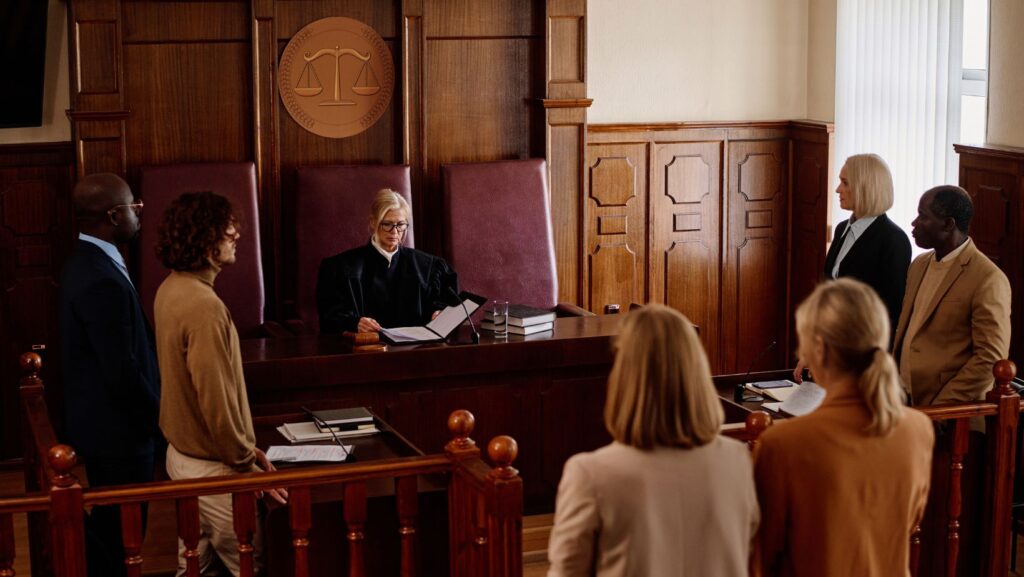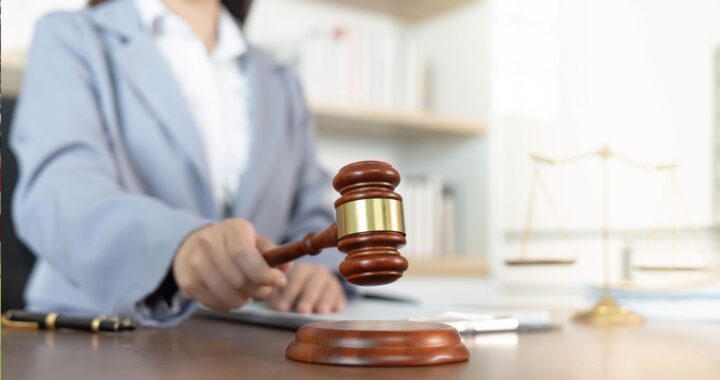
The Importance of Witnesses in Criminal Trials
Witnesses are some of the most crucial elements in any criminal trial. It is by direct examination from either of the two, prosecution or defense. Such seems pivotal in deciding the case. The witnesses give first-hand accounts or expert opinions while trying to explain the incident. Their testimony often forms the crucial evidence that may prove or disprove a case on either side. Therefore, the credibility and reliability of the testimony are one of imperative aspects in ensuring that justice has been meted out through the courts.
Eyewitness Testimony and Its Impact
Of all the evidence that may be presented in a criminal trial, eyewitness testimony can be the most compelling. A person who directly witnesses a crime is uniquely capable of describing what actually occurred. However, eyewitness testimony is not infallible. The memory could be distorted due to stress, time, and leading questions. According to research, good-intentioned witnesses can remember the details wrong, further leading to wrongful convictions or acquittals. While this might be a shortcoming in the normal sense, combined with other evidence, it pieces together an interesting tale so as to aid the juries or judges in making sense of the events that have taken place.
Expert Witnesses and Their Role
Expert witnesses possess specialized knowledge, which they use to form opinions based on their experience in forensic science, psychology, or medicine. In criminal cases, expert testimony is required to interpret such things as DNA samples, ballistics, or other forms of psychological tests and assessments.

Unlike eyewitnesses, who recount events they have experienced, expert witnesses provide informed analyses that can explain technical aspects of the case. For instance, a forensic witness may testify to how certain evidence places the suspect at the scene of the crime. Their testimony is often accorded greater weight because such testimony helps the court contextualize some scientific or technical evidence that would otherwise have been incomprehensible to the court.
Character Witnesses and Their Influence
Character witnesses testify about the reputation, behavior, and moral standing of either the accused or the victim. In a criminal trial, character witnesses refer to individuals who come forward in defense of the defendant and can vouch for him. A character witness can define the defendant as a law-abiding individual to create reasonable doubt in the minds of the jurors. The prosecution can also present character witnesses who have shown past crimes or perjury. Although it is the less tangible type of evidence, character testimony can often change a jury’s opinion concerning the defendant and affect the trial.
Cross-Examination and Its Importance
Cross-examination is the process whereby, during a trial, the opposite party contests the testimony of the witness. It is that stage in a trial when either the defense or the prosecution is given the opportunity to question the correctness, credibility, or reliability of the statements made by the witness. This is where cross-examination can reveal any inconsistencies, biases, or questions that would diminish the effectiveness of the witness. A good criminal lawyer Mississauga will take advantage of this opportunity either to demolish the testimony or drive important points valuable to his client.

The art of cross-examination serves to break or consolidate the credibility of a witness and consequently affect the outcome of the trial in one direction or another.
The Importance of Witness Credibility
One of the most important areas considered by a jury or judge while listening to testimony is a witness’s credibility. Honesty, consistency, and reliability are all factors that mean a lot in building a foundation for how much one should give to a person’s account. Any witnesses who are nervous, uncertain, or contradictory will usually be taken as being less trustworthy and weaken any testimony that they may give. On the other hand, less confident, inconsistent, and biased witnesses tend to leave a weaker impression. Both sides in a trial work hard to bolster the credibility of their witnesses while undermining the opposing side’s witnesses.
Witness testimony is one of the cornerstones of criminal trials since such testimony provides facts, context, and character about individuals involved in the case. It is through these witnesses, whether through eye-witnessing, expert analyses, or character references that the necessary information for the dispensation of justice is available to the court. However, for justice to be served, the accuracy and credibility of the given testimony must be beyond doubt. The system of law can only ensure that reliable testimony informs the trial’s outcome for fair and just results, provided there is proper examination and cross-examination of the witnesses.





